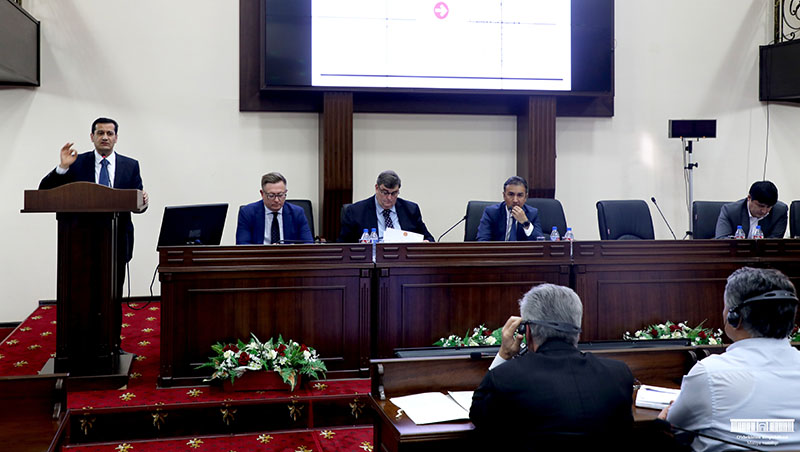On October 4, 2019, the Ministry of Finance, together with the World Bank and the International Monetary Fund, organized a workshop on the application of best international practices in the field of tax audits.
The seminar was attended by a World Bank expert Khaled El Korek, an IMF expert Bruce Quigley, entrepreneurs, tax consultants and teaching staff of universities.

International experts noted that tax audits are not a tool for intimidating law-abiding taxpayers, on the contrary, their main task is to stimulate voluntary compliance with tax laws.
In the traditional approach used in the republic, a tax audit is conducted with respect to bona fide taxpayers, which is considered inefficient use of human resources.
In this regard, introduction of a risk-based approach is the best option for identifying cases of non-compliance by taxpayers with legal requirements.
Experts noted that they are creating risk analysis programs that, without human intervention, select test objects based on the results of this analysis, which is best practice.
The computerized grading system will use static and non-statistical methods, including regression analysis and data matching.
The main advantages of such a system, experts say, are:
- management and efficient processing of large databases;
- increased transparency during inspections.
In general, according to foreign experts, the new approach will primarily strengthen the trust of bona fide taxpayers and reduce administrative expenses when identifying suspicious taxpayers subject to tax audit.





